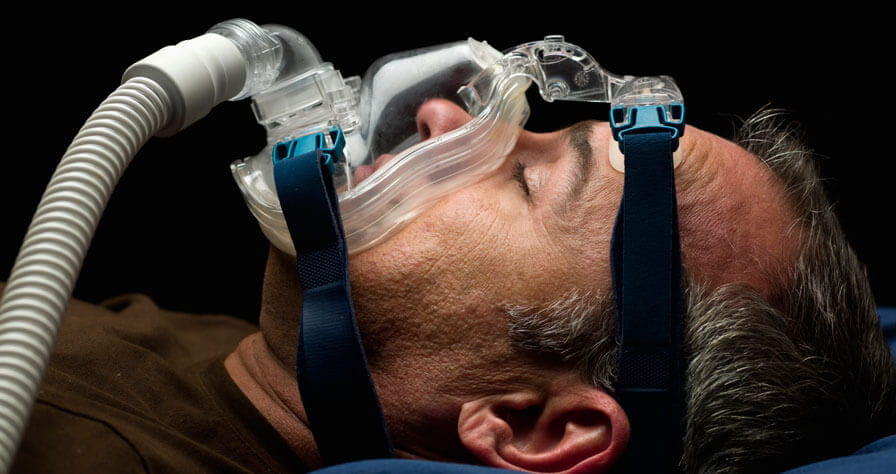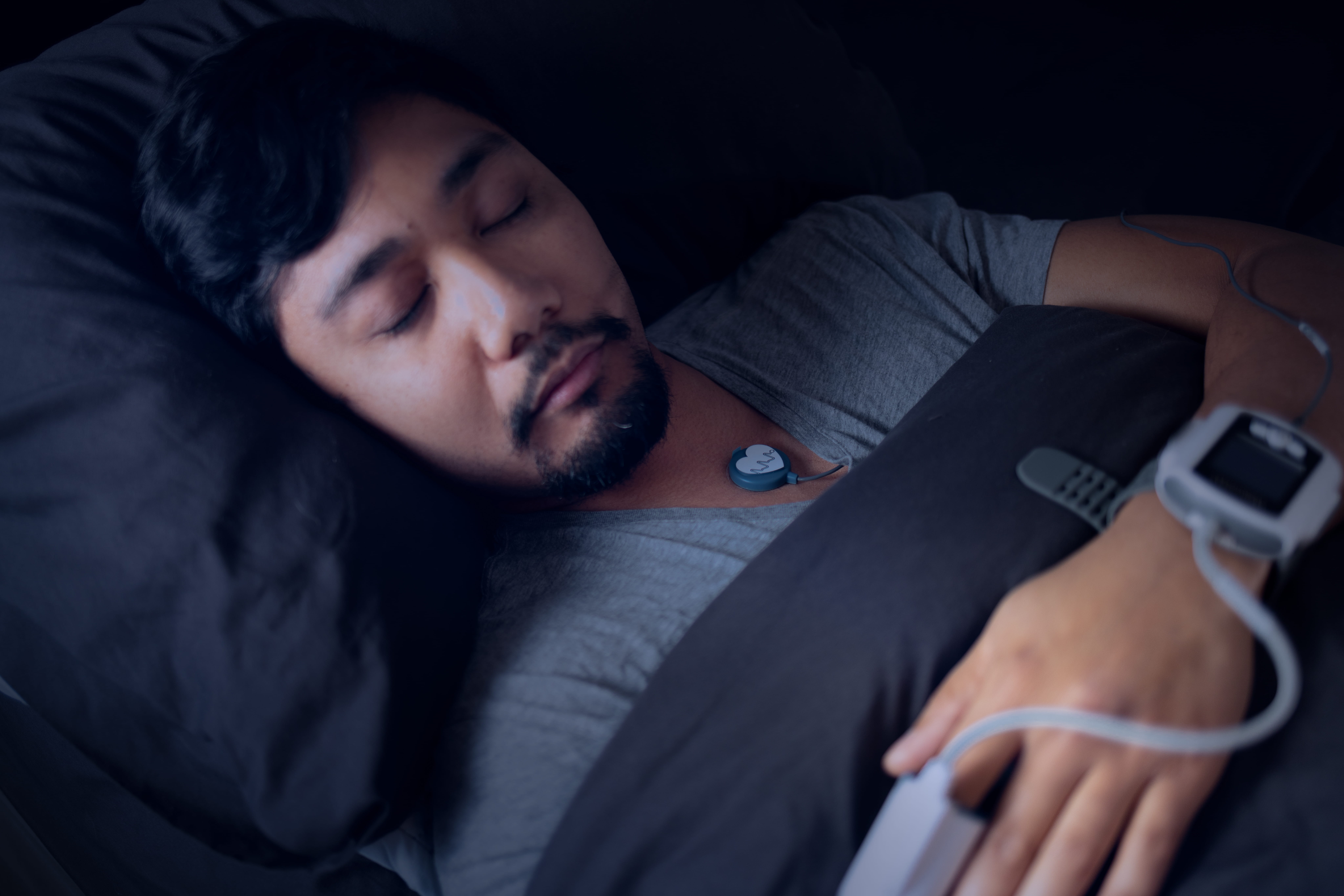7 Signs of Sleep Apnea

Sleeping is anything but restful for people with sleep apnea – in fact, it poses serious health risks for more than 18 million Americans. That’s the number of people whom doctors believe are living with sleep apnea, many of them may be undiagnosed.
Watch for these signs of sleep apnea:
- Your spouse complains about loud or chronic snoring. A spouse is often the first person to know if something is wrong. If you’re snoring loudly, chronically and keeping your partner awake, it could be a sign of sleep apnea and you should talk to your doctor.
- You gasp for air. In sleep apnea, it’s common for pauses in breathing to be followed by gasping, choking or snorting. When the oxygen in your blood falls during breathing pauses, it signals your brain to wake up very briefly and draw a breath. Frantically trying to draw a breath can make you start gasping, snorting or choking to try to get air.
- You’re exhausted all day. Daytime sleepiness is one of the most ignored signs of sleep apnea. If you’re spending seven to nine hours in bed per night and still feel sleepy during the day, it could be a sign of sleep apnea.
- You have high blood pressure. Your body goes into “fight or flight” mode when you stop breathing and it causes your blood pressure to spike. This happens over and over throughout the night. Eventually, your blood pressure stays elevated, putting you at risk for cardiovascular disease.
- You go to the bathroom often during the night. Frequent nighttime urination, called nocturia, affects nearly 65% of adults between the ages of 55 and 84. While nocturia could be linked to aging, it’s also a classic sign of sleep apnea.
- You wake up with a headache. Sleep apnea sufferers may complain of morning headaches. The reason: frequent pauses in breathing during the night decrease the oxygen levels in the brain, causing the pain.
- You’re overweight or obese. Up to 67% of people diagnosed with sleep apnea are overweight. As your weight increases, the fat pads that surround your airway also get larger, narrowing the opening and making it more difficult to breathe.
Interested in learning more about our sleep center services that Baptist Health offers? Go to baptisthealth.com for more information.



